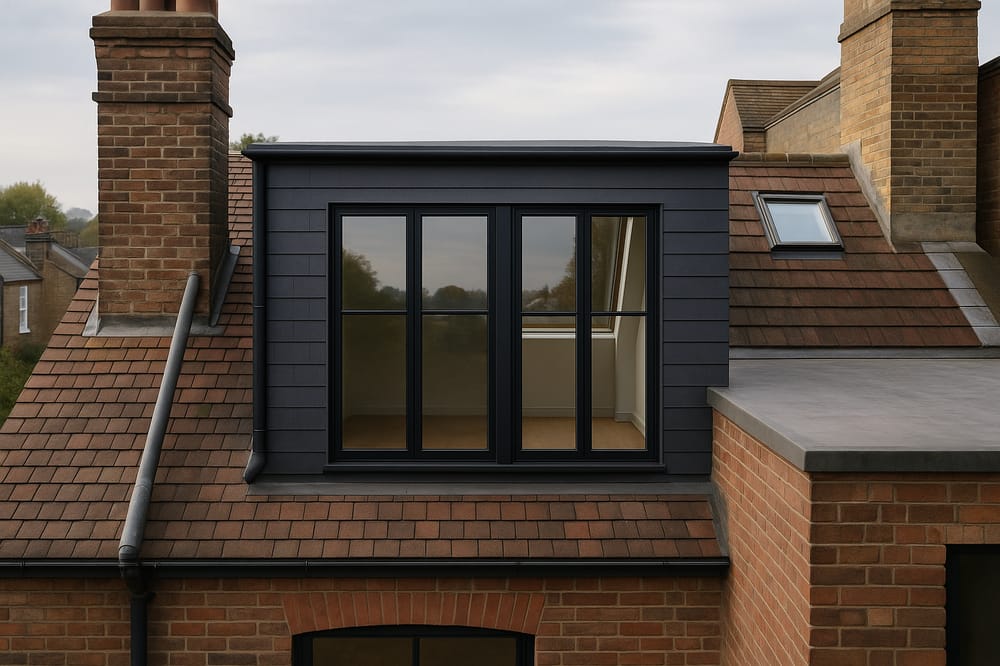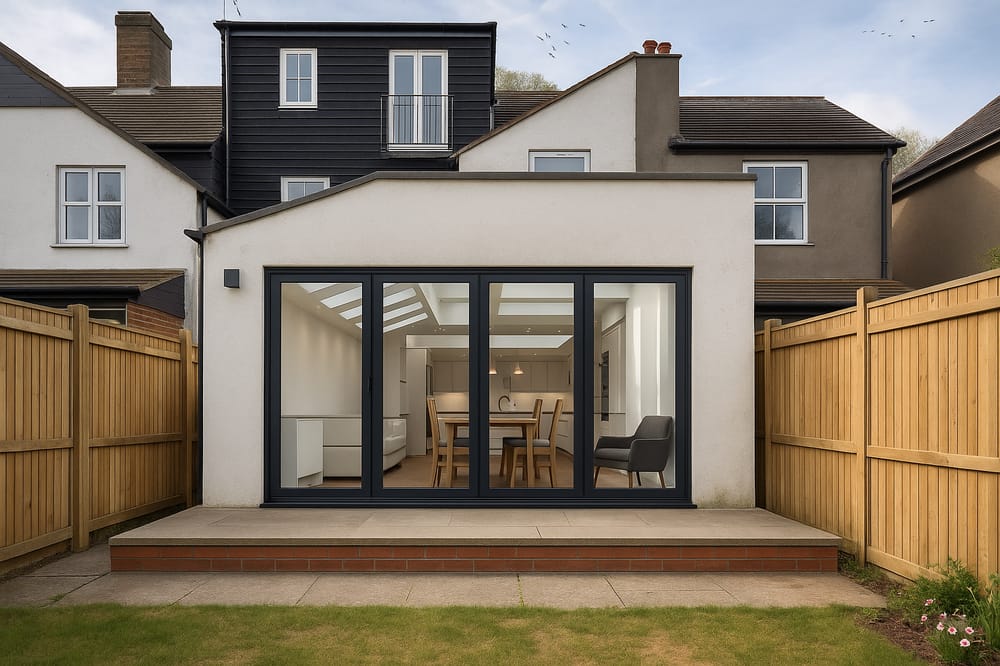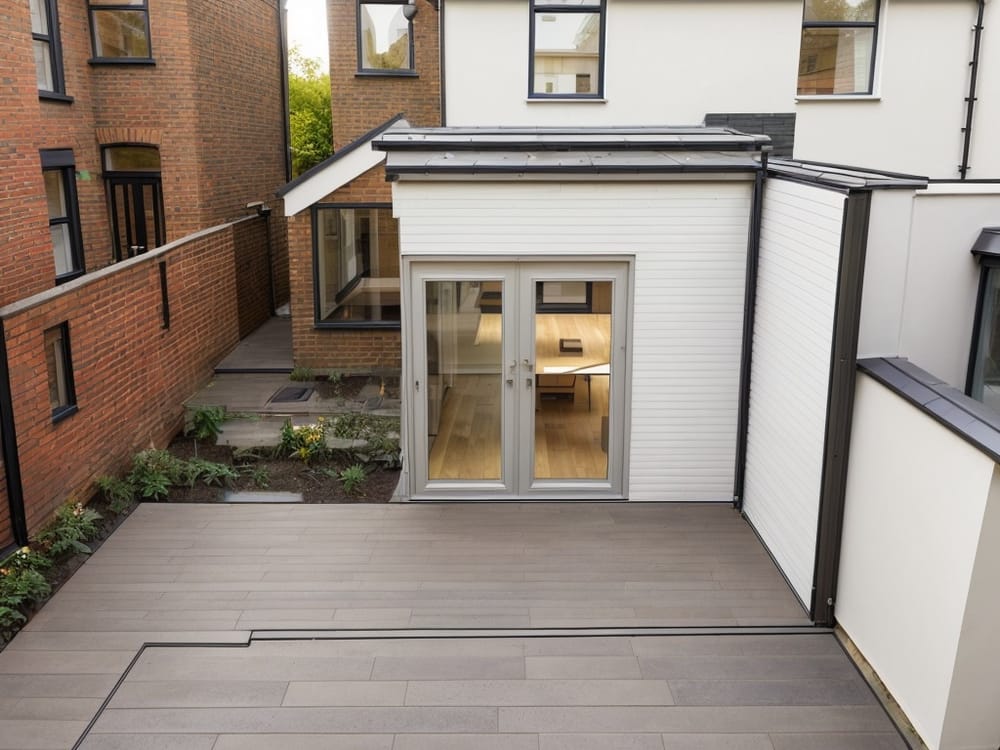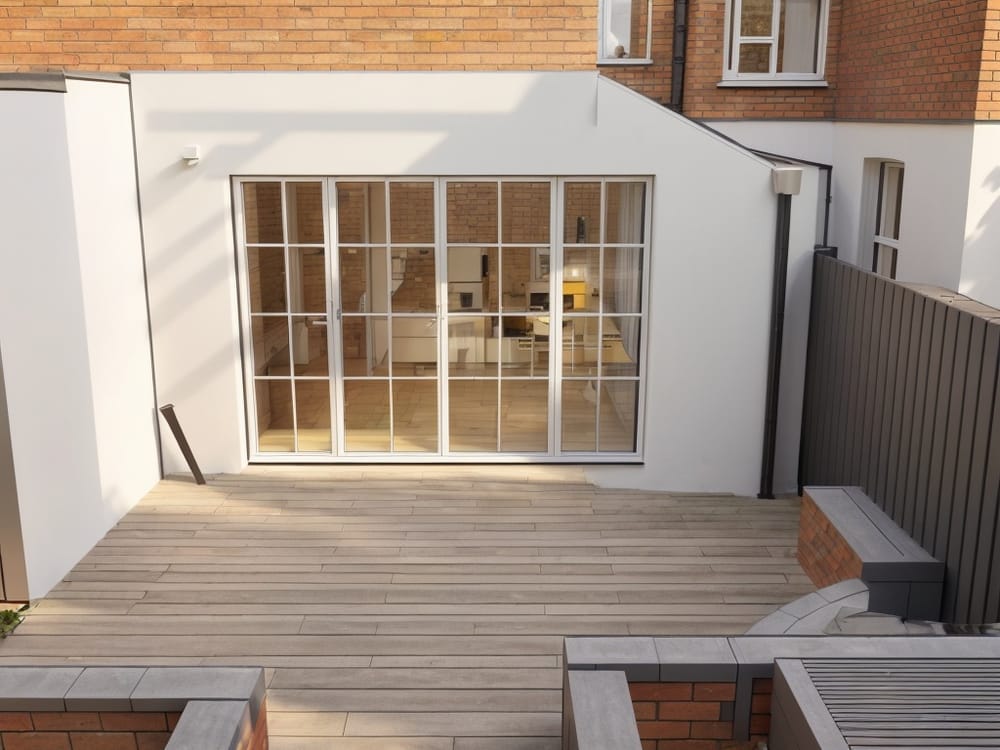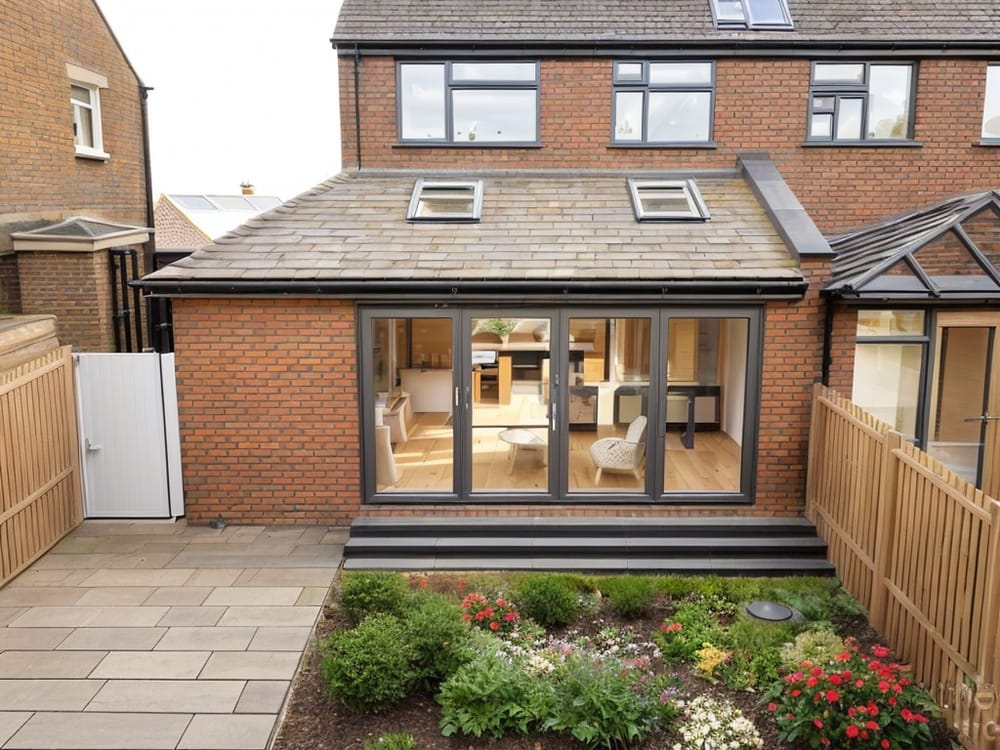When it comes to extending or renovating your home, many believe the only way to achieve their project is through the long slog of saving. However, while saving money can never be a bad thing, there are other ways to get your money working harder without the need to wait years and years for results.
As financial services change, there are now a number of options available to homeowners looking to improve their property. To find out what avenues are open to your home, we caught up with our Finance team to the lowdown...
The problem with relying on savings alone
Savings are great, there’s no question. However, when it comes to funding a big project, such as a renovation or extension, relying solely on your piggy bank can have some drawbacks.
For instance, saving the money needed can often take years to achieve and the problem with it taking so long is that circumstances change.
You might find, a few years down the line, you’re no longer able to commit as much money to the fund as you were once able to. Or, as you put more and more money away, the cost of your dream project also escalates. Don’t forget, inflation affects the cost of labour and materials each and every year.
Alongside this, what you require might evolve too. You might only require a small extension now but, in 10 years time, this might be redundant as your family grows too. Suddenly your extension needs to be twice the size and your funds just can’t stretch to this new goal.
It’s also our experience that those who rely solely on savings tend to forget about the need for contingency funds. After all, if you’ve put all that work into getting the money in place, you might be reluctant to wait even longer to have 10% of your construction fees as an emergency stand-by. However, without a good amount of money to fall back on, funds can easily fall short. Bad weather might delay your build and leave you scrambling to cover the costs.
How your home equity can help secure a loan
Luckily, savings aren’t the only way to go when you need to extend your home. In fact, your home itself can lend you a helping hand.
Your home, after all, is an investment (as well as a place to live) and as such has equity that you can utilise to secure yourself favourable finance. One of the most cost-effective options to fund a renovation project is to consider releasing this equity from your home by way of a remortgage or further advance.
In essence, this would see you increase the level of borrowing you have against your home (your mortgage). For example...
If you have a property worth £300,000 with an existing mortgage of £150,000 over 25-year term with an interest rate of 1.5%, your monthly mortgage payments would be in the region of £600 per month.
Now using the same scenario, if you released £30,000 towards a renovation project, your mortgage amount would increase to £180,000. Over a 25 year term with an interest rate of 1.5%, your monthly mortgage payments would be in the region of £720 per month.
So, for an extra £120 per month, this homeowner would now be able to start their project and enjoy the result that much quicker.
However, if you set out to save £30,000 pounds by putting aside £120 a month, it would take you nearly 21 years to save the £30,000, at which time the cost of the project might have increased anyway, meaning £30,000 would no longer be enough.

Don’t forget the value you’ll be adding
When you extend, convert, or renovate your home, there’s a good chance you’ll be increasing the value of that property. This is value you can use in your favour to secure a better mortgage deal, once your project is complete.
This is where having a specialist lender in your corner can really pay off. At Resi, our team work closely with your architectural team to work out not only the budget requirements of your home, but also how much potential value your project will add to your property. We then use these calculations to get you the best deal, both in the short-term and the long-term.
Learn more about adding value to your home.
Risks to consider
Of course, loans aren’t without their own risks. Before you lock yourself into an agreement, it’s worth considering whether or not its the right option for you…
- Has your credit-rating taken a turn for the worse since you took out your existing mortgage? If so, remortgaging could give you a worse deal under these new circumstances.
- If your mortgage debt is small, you’ll need to consider if adding another decade of repayments is the best option, especially if you plan on retiring before the new mortgage is paid off.
- You’ll also need to bear in mind, depending on the size of your loan and your existing debt, that some mortgage brokers won’t take on loans that are less than £25,000.
Discover your finance options
The best way to work out your options is to talk to an expert.
At Resi, our finance team provide free consultations to any homeowner looking to transform their home. As official partners to the Mortgage Advice Bureau, we’re able to offer a unique architecturally-focused mortgage and protection service.
We provide our customers...
Access to over 90 lenders including Lloyds, Barclays, NatWest, and Santander, so we can find the right deal for you.
We can arrange lending of up to 95% of the overall project costs, allowing you to take advantage of the future value of your property.
Our advisers work closely with the rest of your Resi team, so they can tell you how much you’ll need to budget and when you’ll need the funds.
We’ll manage your application end-to-end to save you time and effort.
Provisional agreements in principle are available without affecting your credit rating.
High LTV and poor credit options are available.
To kickstart your dream project, click here to book a consultation with our team of experts.
Please note:
- You may have to pay an early repayment charge to your existing lender if you remortgage.
- Your home may be repossessed if you do not keep up repayments on your mortgage.
- There may be a fee for mortgage advice. The actual amount you pay will depend upon your circumstances. The fee is up to 1%, but a typical fee is £495.


